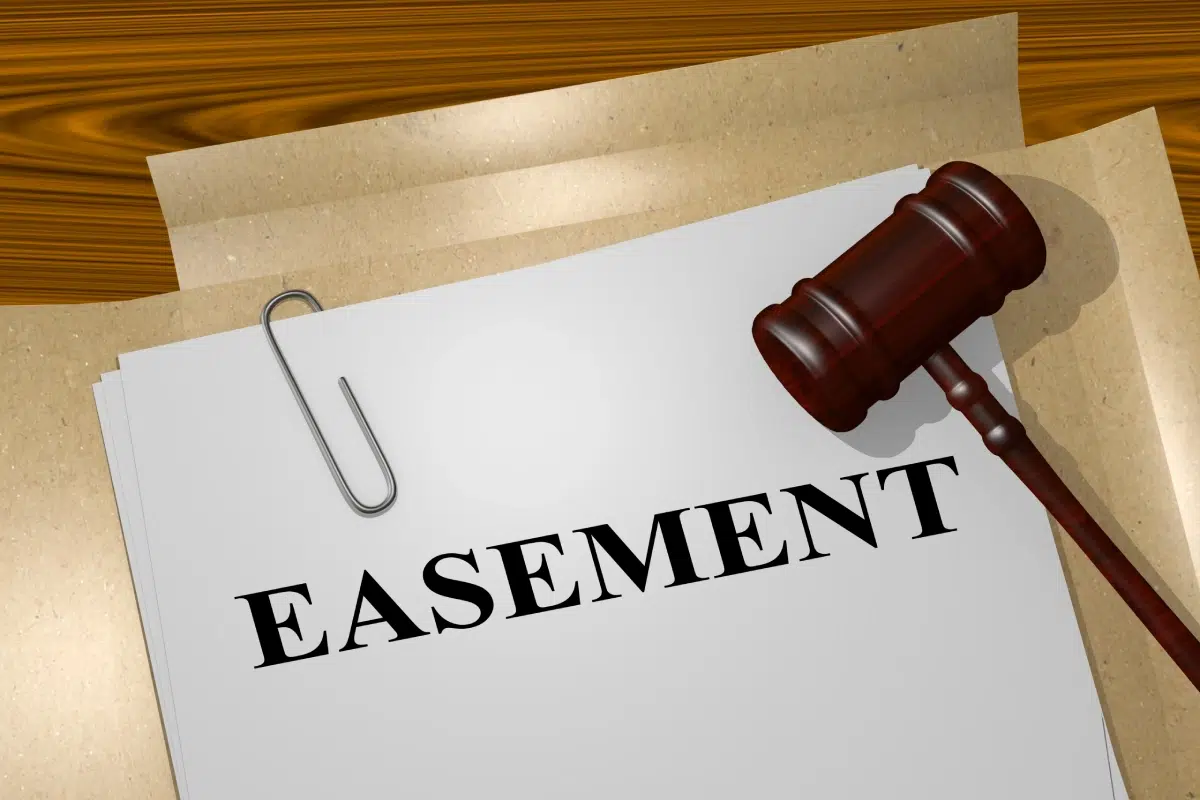
Whether they realize it or not, most people use easements in their daily life without considering their legal right to do so.
Easements are legal rights to the use of property granted to a nonowner, such as using a long driveway to reach a residence. While they typically last forever, the need for an easement may diminish over time.
If there’s an easement on your property, you may wish to remove it, especially if it no longer applies. Luckily, there are several ways to terminate easements.
Here, we discuss how easements are terminated and when to contact an easement attorney for help.
Ending by Necessity
Some easements are created by necessity. This usually happens when landowners have no reasonable way to access their property and a court grants access.
In some cases, the need for which an easement was created is no longer applicable, and an easement is no longer needed for property access. This often occurs as main roads are built, and the landscape or other circumstances change.
For example, consider a developer gaining access to drive across your front yard to build a new road for a subdivision. Once the development is complete, the easement becomes irrelevant. In this case, the case for terminating easements is relatively clear.
Express Agreement
If two parties sit down and decide to end an easement, it’s considered terminated by express agreement.
These agreements are typically made in writing, making them a straightforward and easy way to terminate an easement. For example, say you grant your neighbor a space on your property to park. If you decide to use that space for other things, you can sit down together to end the easement by agreement.
Abandonment
If the easement holder states an intention to end an easement, they can take active steps to terminate it.
As an example, a neighbor’s natural gas line runs through your property. If they obtain fuel from other sources, they no longer need to access this line.
Expiration
Not all easements are permanent. Sometimes, a court may grant easements for limited periods.
For example, you can agree with a neighbor to grant them access to your land to store equipment for a few years. When this period ends, the easement automatically terminates.
Merger of Title
Let’s say you acquire the property holding an easement on land that you own. You’re now the sole owner of both properties and can merge the titles of the land.
In this case, an easement is considered terminated because it’s no longer applicable.
Learn More About How Easements Are Terminated
Armed with more information about how easements are terminated, you might be wondering how this applies to your situation.
There are various ways that an easement can be extinguished, so it’s always advised to seek an experienced attorney’s advice before taking any issues to court.
If you have questions regarding easement termination in Alamo, CA, it’s essential to talk to an attorney you trust. Contact us by completing this form or calling 888-982-0599 to schedule a free consultation.


